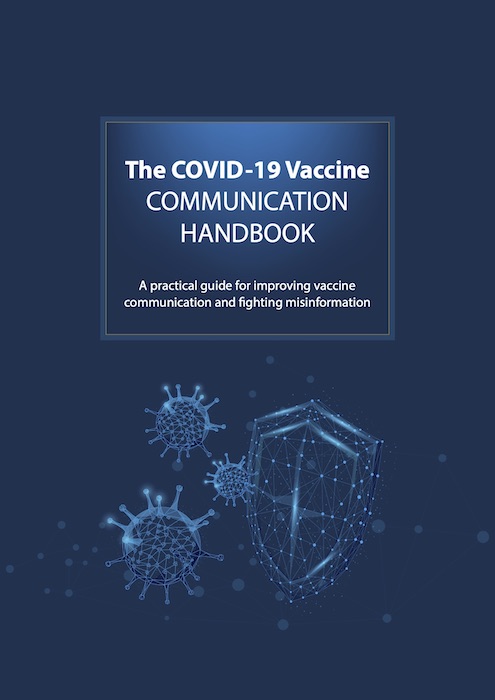Anti-Autocracy Summit
Thursday, 4 December 2025 | 14:00–18:00 UK (15:00–19:00 CET, 9 am–1 pm EST, 6 am–10 am PST)
In an era of creeping authoritarianism, increasing threats to academic freedom, and the politicisation of science, many researchers, communicators, and institutions have launched initiatives to safeguard open inquiry and evidence-based discourse. The Anti-Autocracy Summit brings these efforts together.


